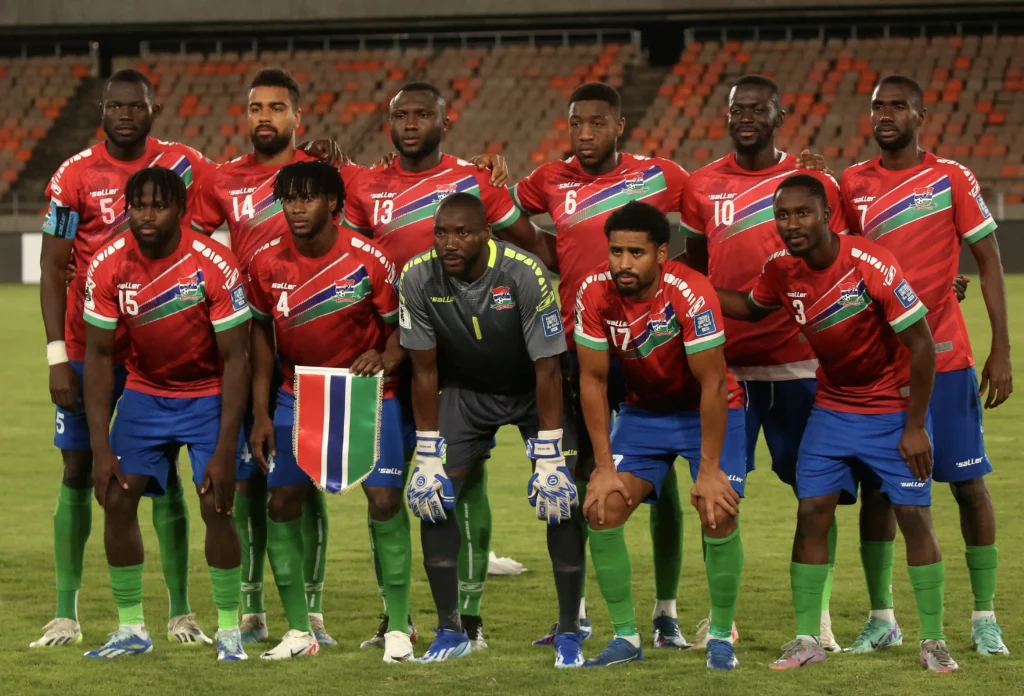
The Confederation of African Football (CAF) finds itself at the center of another fierce controversy. According to an article from Afrikafoot.fr, recent decisions made by the African governing body raise questions about its impartiality and credibility.
In particular, the CAF has recently approved the turf at the Bakau Stadium in Banjul, Gambia, which has been closed for over two years, to host a crucial CAN 2025 qualification match between Gambia and Comoros. This move has sparked serious concerns, especially from the Comorian side, where it is seen as favouritism towards Gambia.
Currently second in Group A with six points, Comoros is fighting for qualification for CAN 2025, closely trailing Tunisia. However, the CAF’s decision to allow Gambia to play at home, despite the uncertain condition of the Bakau Stadium, seems like a severe setback for the Comorian team, which could find itself at a disadvantage.
The emerging question is: does the CAF secretly wish for a defeat of Comoros by favouring Gambia? This feeling is exacerbated by the methods used to validate the stadium.
To ensure compliance with the stadium’s condition, the CAF sent a Senegalese inspector, a decision that some observers deem unwise given the historical and cultural ties between Senegal and Gambia. This proximity could fuel suspicions of bias, calling into question the neutrality of the inspection. For many analysts, this approach seems more like a formality than a genuine assessment of the infrastructure.
Another concerning aspect is the haste displayed by the CAF. A letter dated October 24 informed the teams that the match would be held in Bakau on November 15 at 19:00 GMT, even before the inspection was officially validated. This hurried process raises doubts about the seriousness of the evaluation and the CAF’s genuine intent to ensure fairness between the teams.
In contrast, when Comoros requested an inspection for the Malouzini Stadium, the CAF took fifteen days to deliver its verdict, received on October 16 after an inspection at the end of September. This disparity in treatment raises questions about the respect for deadlines and the transparency of the CAF.
By persisting in holding the match in Bakau, despite tight deadlines and questionable procedures, the CAF exposes itself to accusations of bias. This situation highlights a deeper issue: how can an organization that aspires to represent all of African football justify such decisions? Is the CAF willing to sacrifice its credibility to favour certain teams at the expense of others?
For Comoros, who have worked hard to climb among the best African teams, this situation is particularly disheartening. It underscores the need for the CAF to reevaluate its practices to ensure absolute justice and transparency. If it continues to operate opaquely, the governing body of African football risks losing not only the trust of the teams it represents but also that of millions of fans across the continent.
This opinion piece was first published on Footboom










Recent Comments